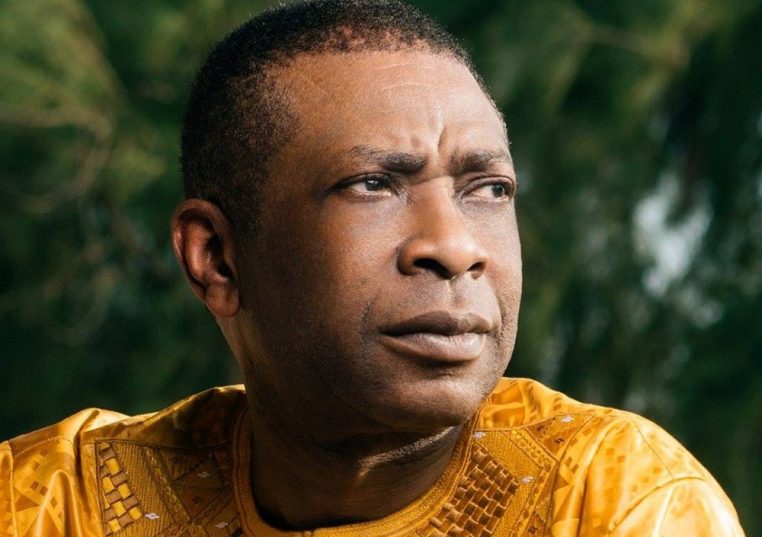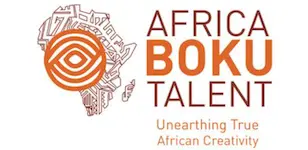N’Dour was nominated as Goodwill Ambassador of the Food and Agriculture Organization of the United Nations (FAO) on 16 October 2000. In Senegal, N’Dour became a powerful cultural icon, actively involved in social issues. In 1985, he organized a concert for the release of Nelson Mandela. He was a featured performer in the 1988 worldwide Amnesty International Human Rights Now! Tour collaborating with Lou Reed on a version of the Peter Gabriel song “Biko” which was produced by Richard James Burgess and featured on the Amnesty International benefit album The Secret Policeman’s Third Ball. He worked with the United Nations and UNICEF, and he started Project Joko to open internet cafés in Africa and to connect Senegalese communities around the world.

0.000
Youssou N’Dour ( Youssou Madjiguène)
- Skill Category: Musicians/Bands
- Present Address: Dakar, senegal
- Country: Senegal
- Phone: 44 208 748 9595
- Email: youssoundour.digital@gmail.com
- Website: https://www.youssoundourmusic.com/
